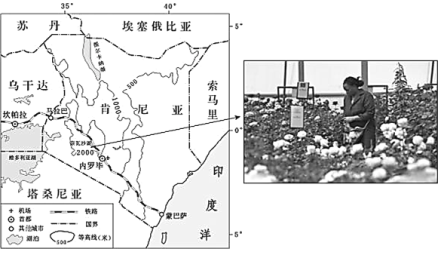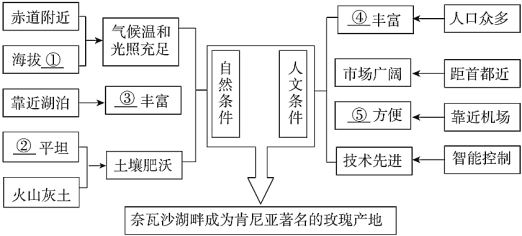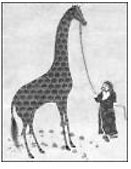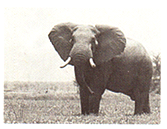��Ŀ����
����Ŀ���пϺ���ı��ƪ���Ķ�ͼ�����ϣ��ش��������⡣
2019��ڶ����й����ڲ������ϣ�Ʒ��������õ���ǿ����ǵ������Ʒ�����ʵĿ�����õ��Ӳ�ժ���й����������н���1-2�졣�й��Ѿ���Ϊ��������������õ�������г�����ͼΪ�����Ǽ�ͼ����ͼΪ����ɳ����õ������ͼ��

��1�����ڿ�����������ȷ���� (˫��ѡ��)��
A.������λ�ڷ�������������ӡ����
C.�����Ը�ԭΪ�����������߶���
B.��������в����ؿ��ϱ�����
D.���ؾ����Ի�ɫ����Ϊ��
��2��������һ���ļ�����������õ�壬��������ɳ�����ǿ�����������õ����أ�õ��ũ���۴��αȣ�ȫ������������ֲ����ʹ�ü���������������������������ġ����ũҵ������������ɳ���ϳ�Ϊ������õ����ص������������뽫��ű�ʾ��������д�ڶ�Ӧ�ĺ����ϡ�

������ʮ���֣꣬��������ع��������ֹ�(������)�������͵ġ����롱�ص����Ͼ�(��ͼ), "���롱 ���������ڷ���ϡ����ԭ�ش�������Ҷ��С��֦Ϊ��ʳ��

��3�����ˡ����롱������������� (��д��ĸ)�������������� ��

��֣������������Ȼֹ����������������ݺ����ľ����ڵ����й��������ġ�һ��һ·���������Ծ�������2019��10��16�գ����й���˾�н������ޱ�һ��������·(������·)һ�ڹ�����ʽͨ��������·���ɺ���������·���ڸɴᄈ����·�ӹ졣
��4��������·ȫ��ͨ���� (˫��ѡ��)��
A.���Ϳ羳��������ɱ� B.�������ڸɴᆳ�÷�չ
C.�ı䶯���ϱ�Ǩ��ʱ�� D.�ٽ��ɰ���ˮ��Ʒ�����ڸɴ��г�
���𰸡���1��BC
��2���ٸߣ��ڵ���(����)����ˮԴ�����Ͷ������ݿ���(��ͨ)����˳����д���ɣ�
��3��B ȫ����£������Եĸɡ�ʪ��(��ˮ���ڱ仯������10��������4��)
��4��AD
��������
�����������ϵڶ����ޣ���λ���ϱ��ع���֮����ȴ����С��ȴ���½���ƺţ�ͬʱ�����Ը�ԭΪ�����С���ԭ��½���ƺţ��ֵ��������ȴ���ԭ�����������ϴ���Ұ���������Ĵ��ޣ����������㣬�ʺ���ֲ�ȴ�ũ��Ʒ��
��1�����ڿ����ǵ�������������λ�ڷ�������������ӡ����A����������в����ؿ��ϱ�����B��ȷ�������Ը�ԭΪ�����������߶��ͣ���C��ȷ�����ؾ����Ժ�ɫ����Ϊ������ѡBC��
��2������ɳ���ϳ�Ϊ������õ����ص�������������Ҫ�����ڣ�λ�ڳ�������ĸ�ԭ���������νϸߣ������ºͣ����ճ��㣻����������ˮԴ�ḻ���ʣ���������㣬�ؼ۵ͣ��˿��ڶ࣬�Ͷ�����Դ�ḻ�������л�������ͨ����������õ�弰ʱ����ŷ���г���
��3�������롱�ʺ��������ȴ�ϡ����ԭ����������������������ȫ����¡��ָ�ʪ����������ÿ�꽵ˮ������4-10�£���ͼ��B��ʾ���������������
��4��������·�Ŀ��ܣ������ڽ��Ϳ羳��������ɱ��ʹٽ��ɰ���ˮ��Ʒ�����ڸɴ��г����������ڸɴᆳ�÷�չ����ı䶯���ϱ�Ǩ��ʱ���أ���ѡAD��

 �Ǽ�����������ϵ�д�
�Ǽ�����������ϵ�д�

